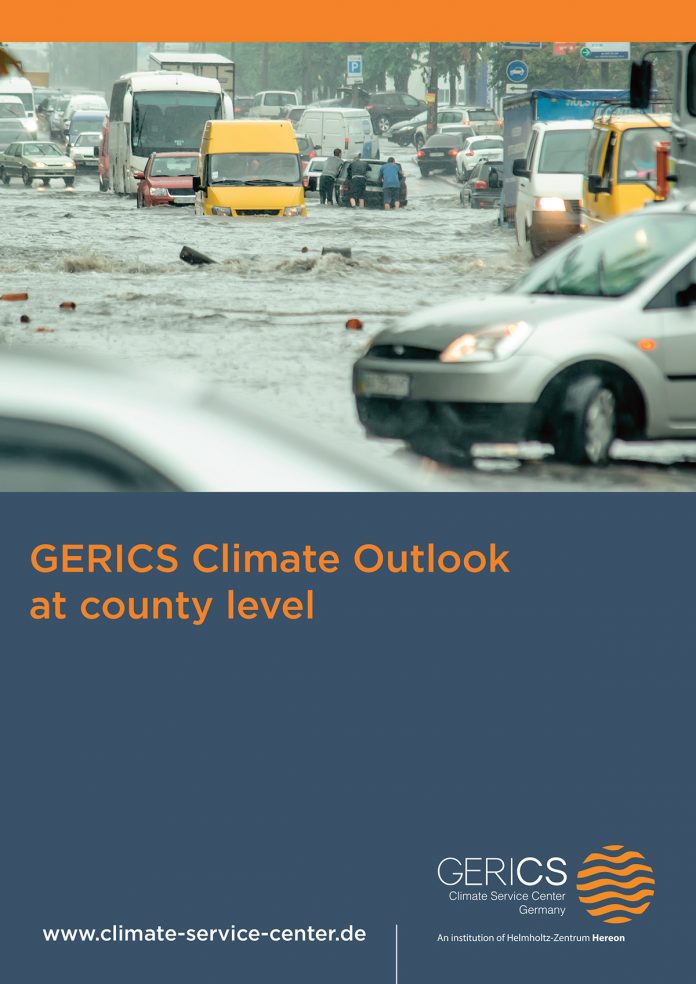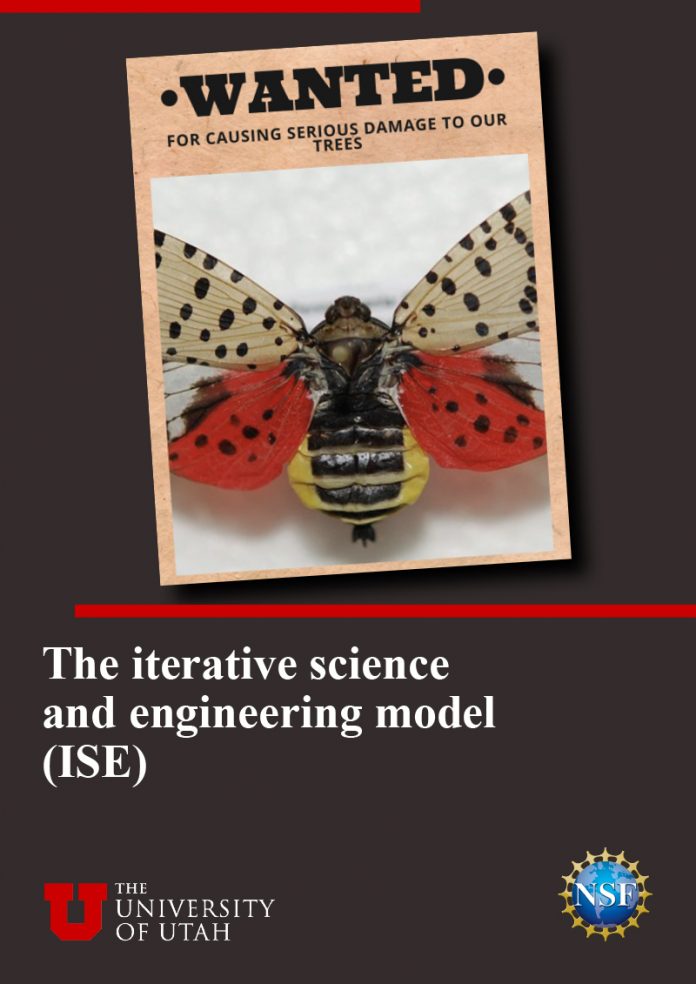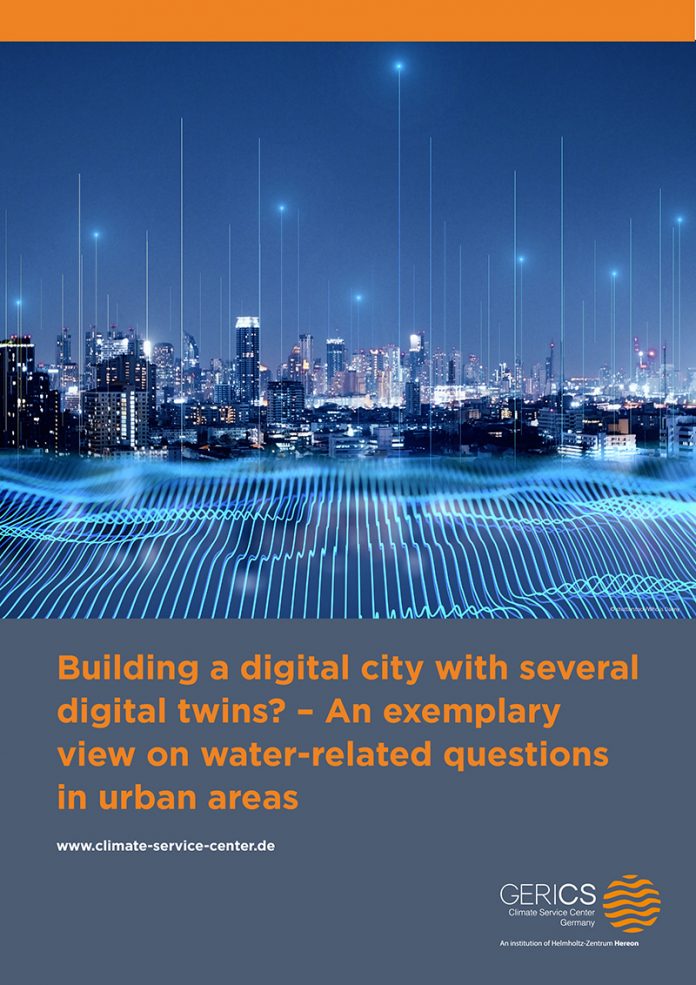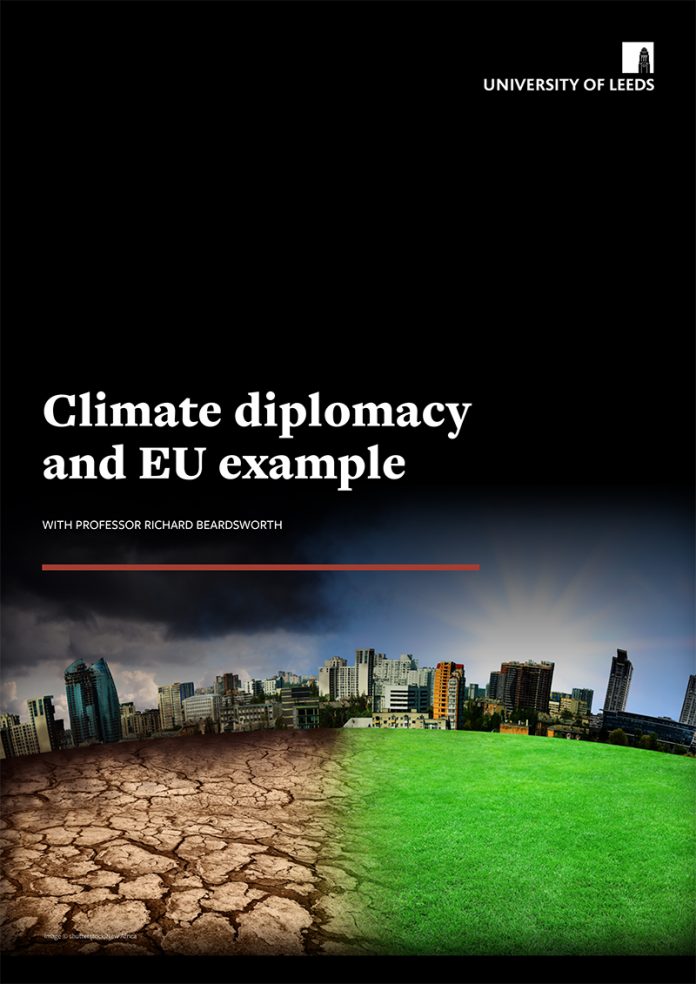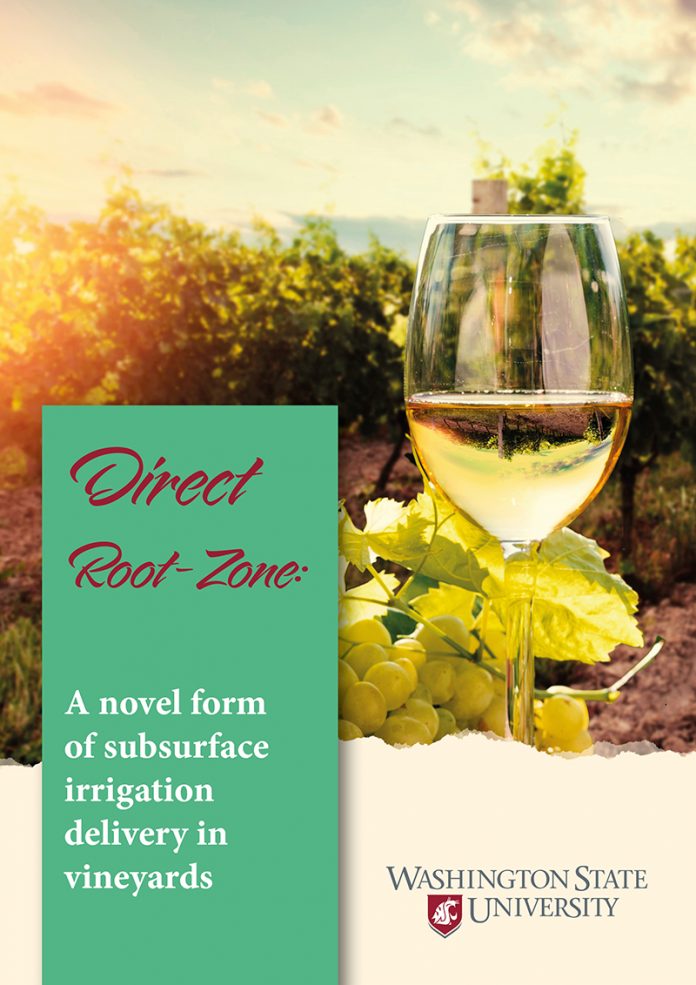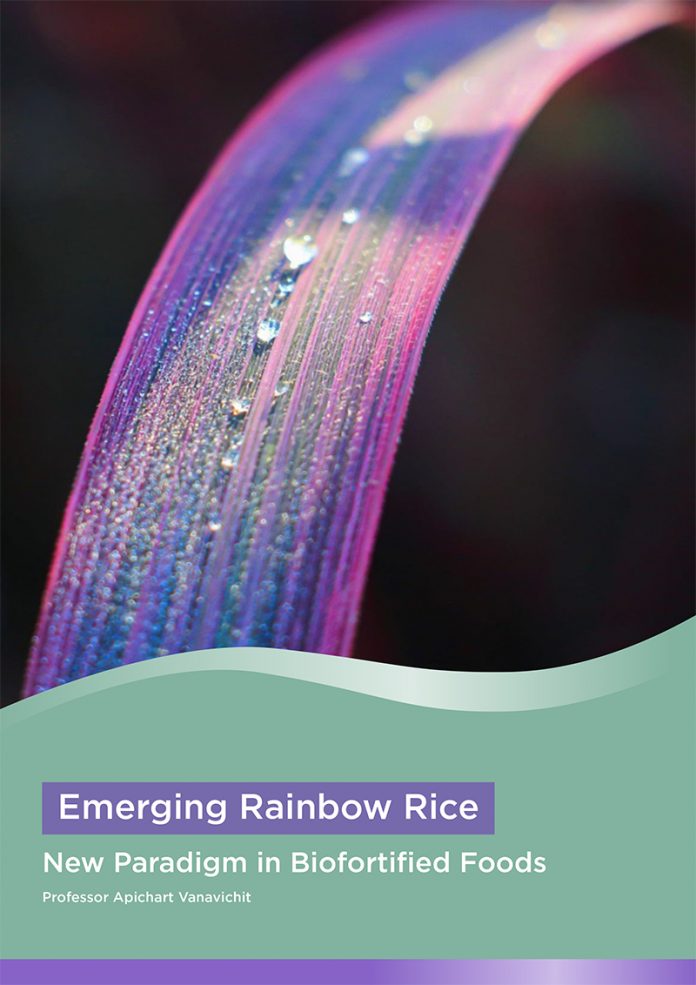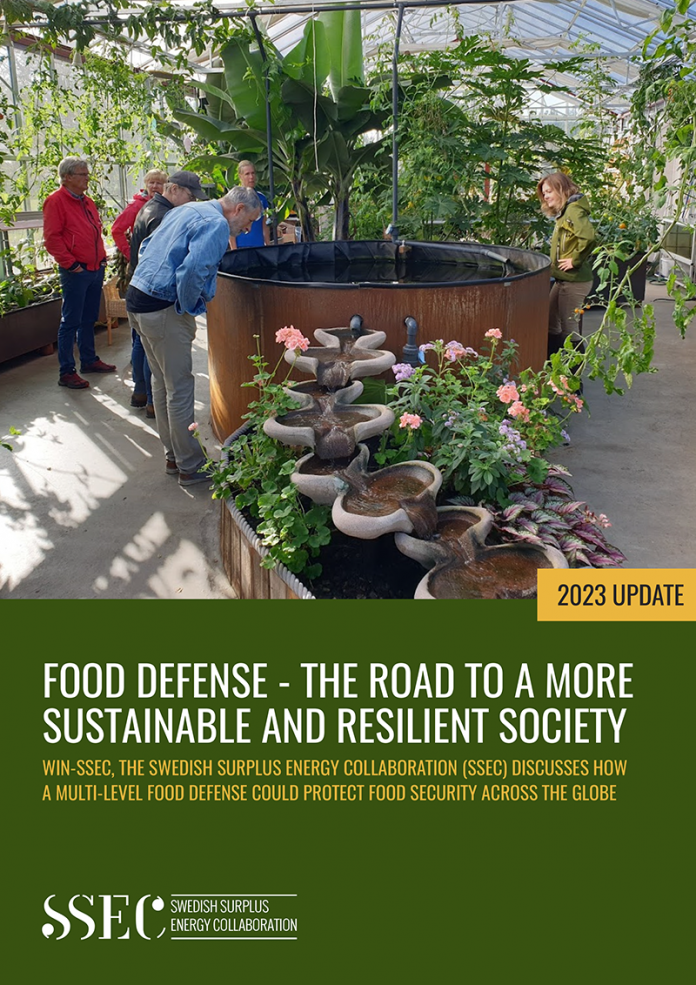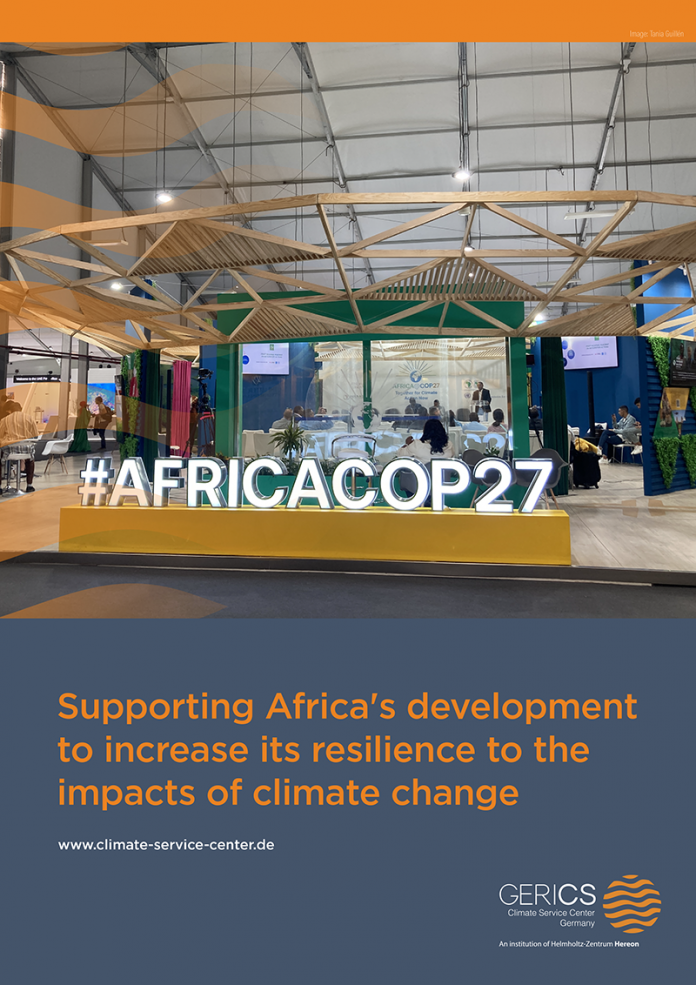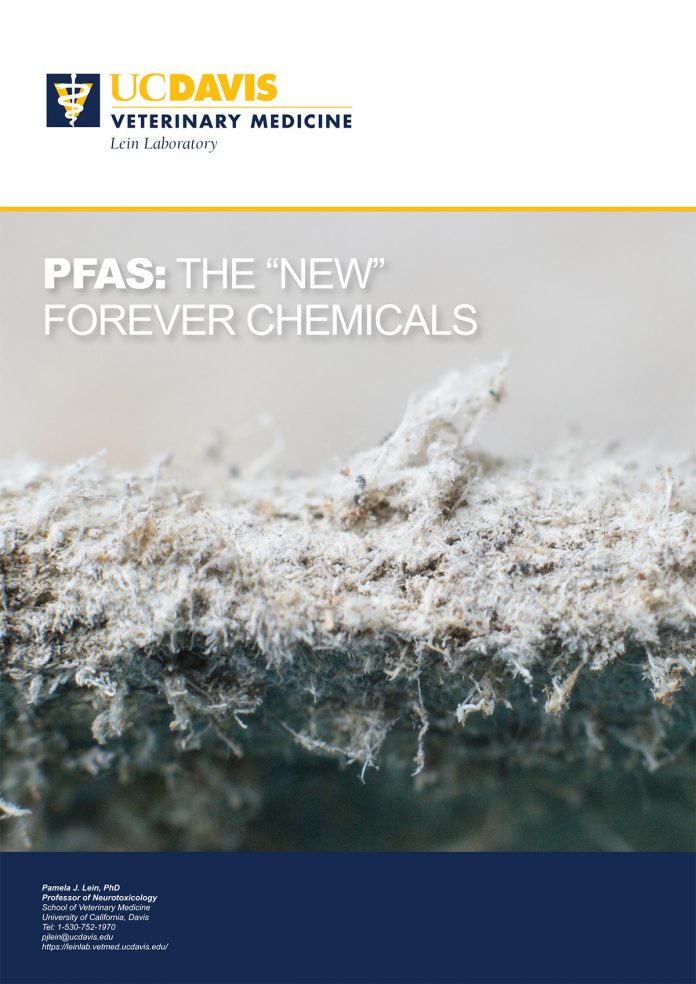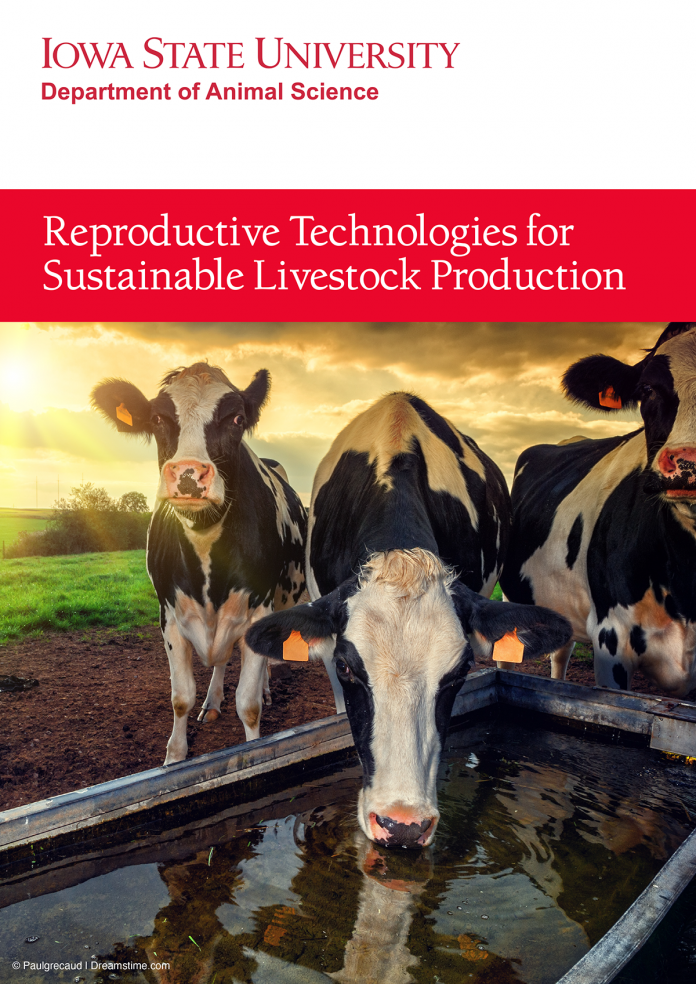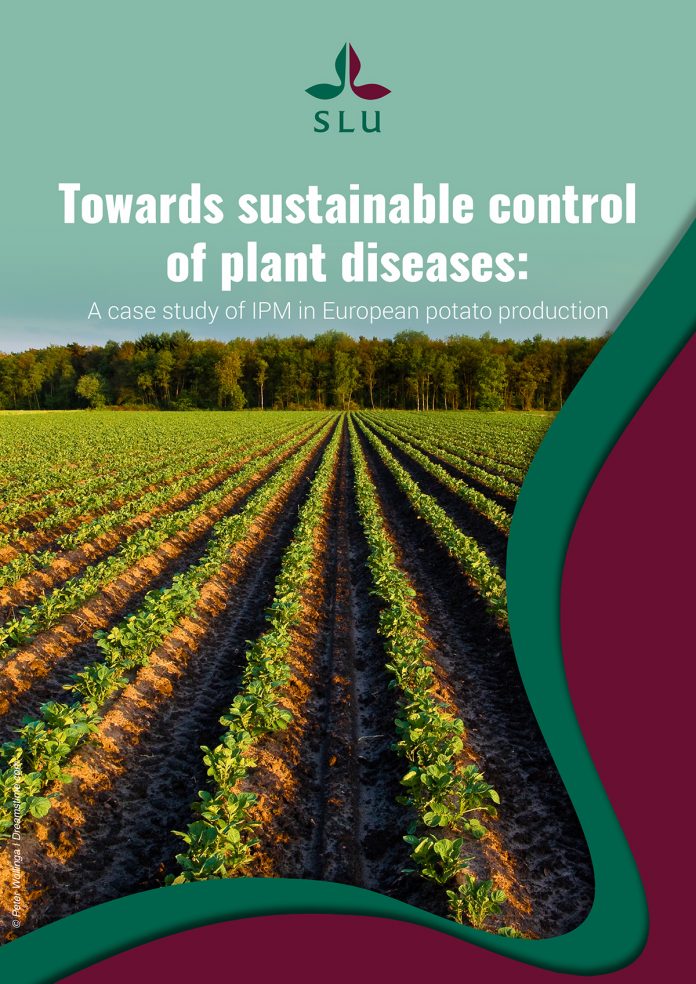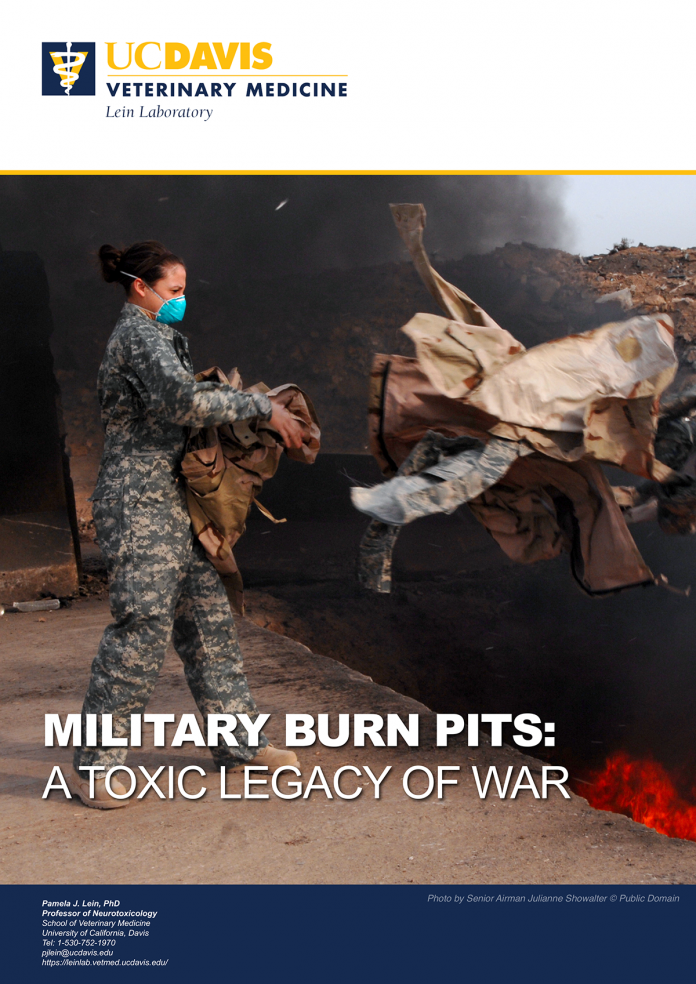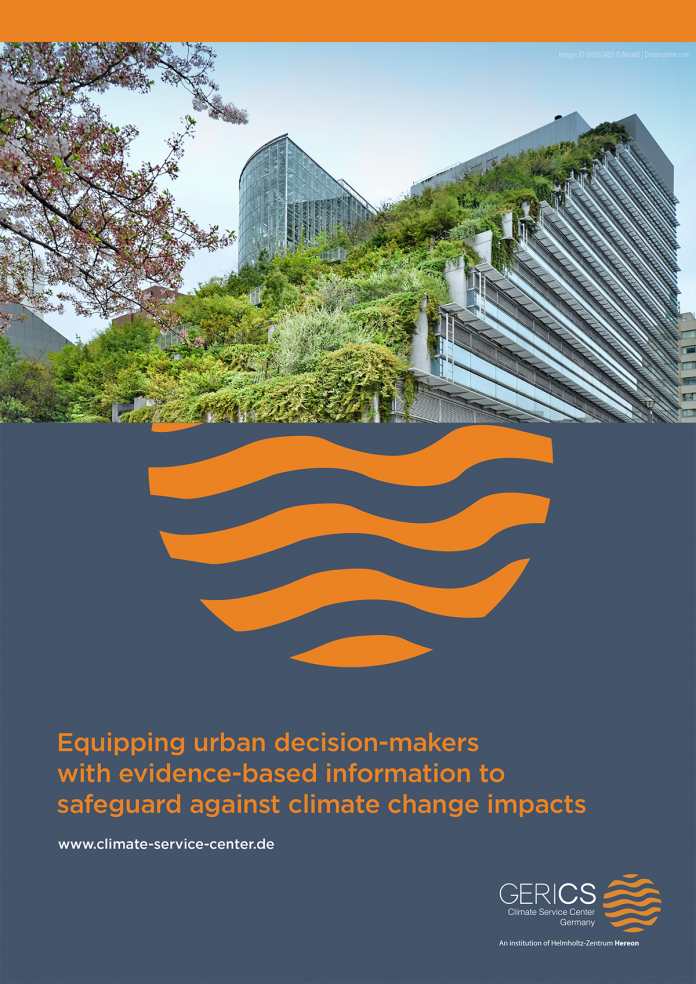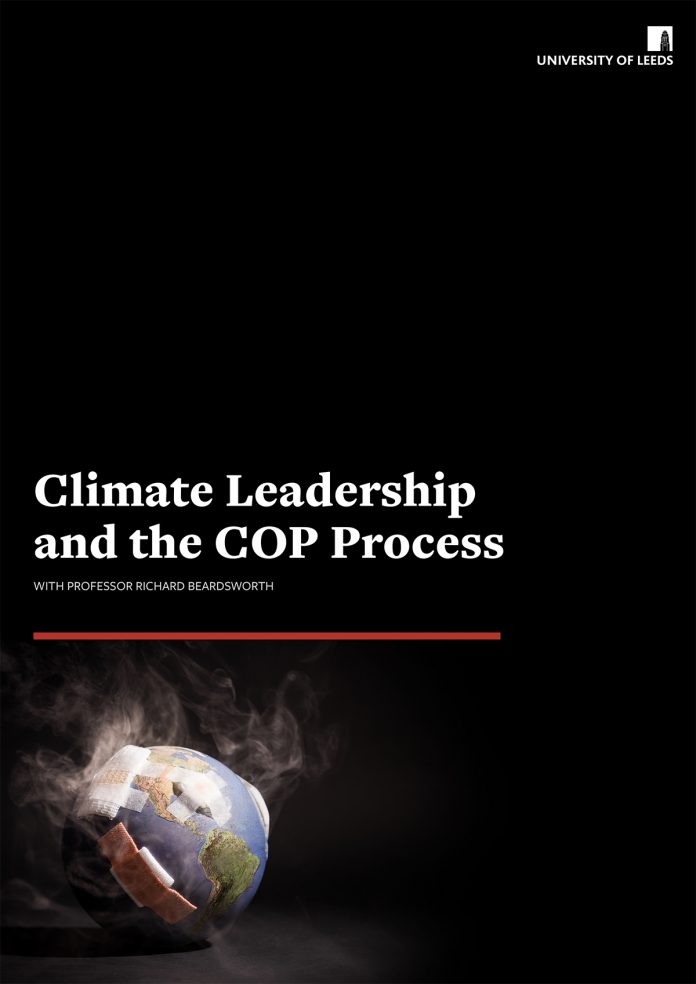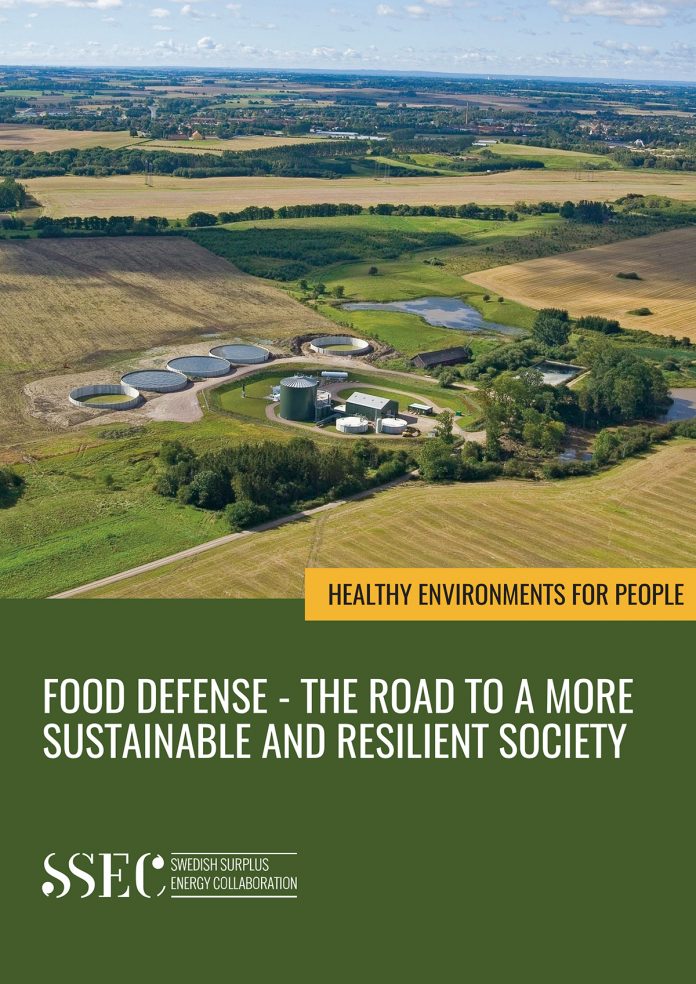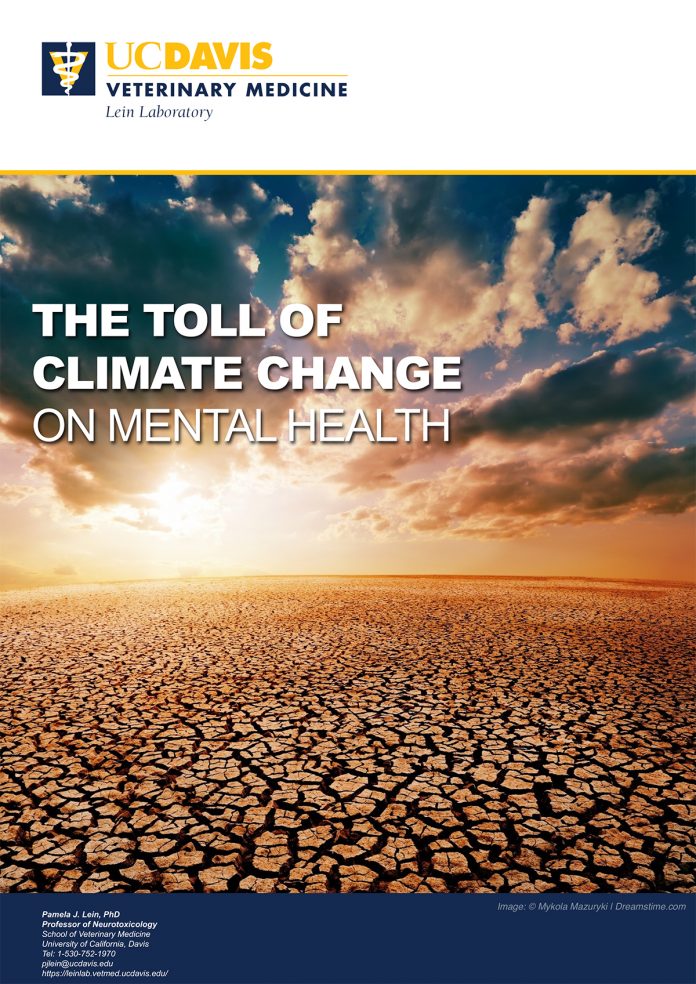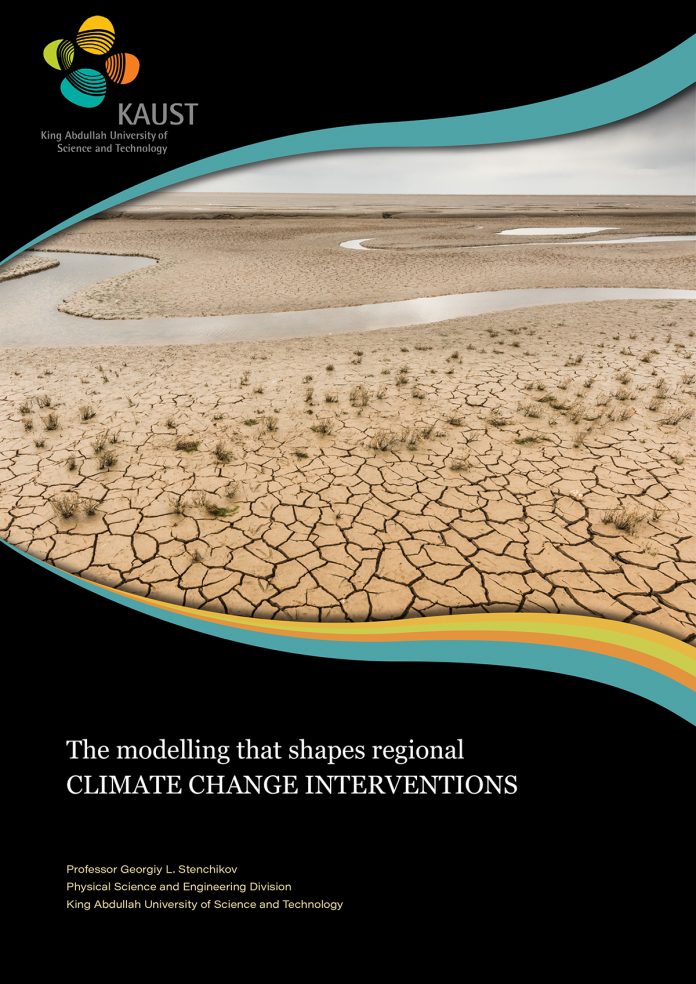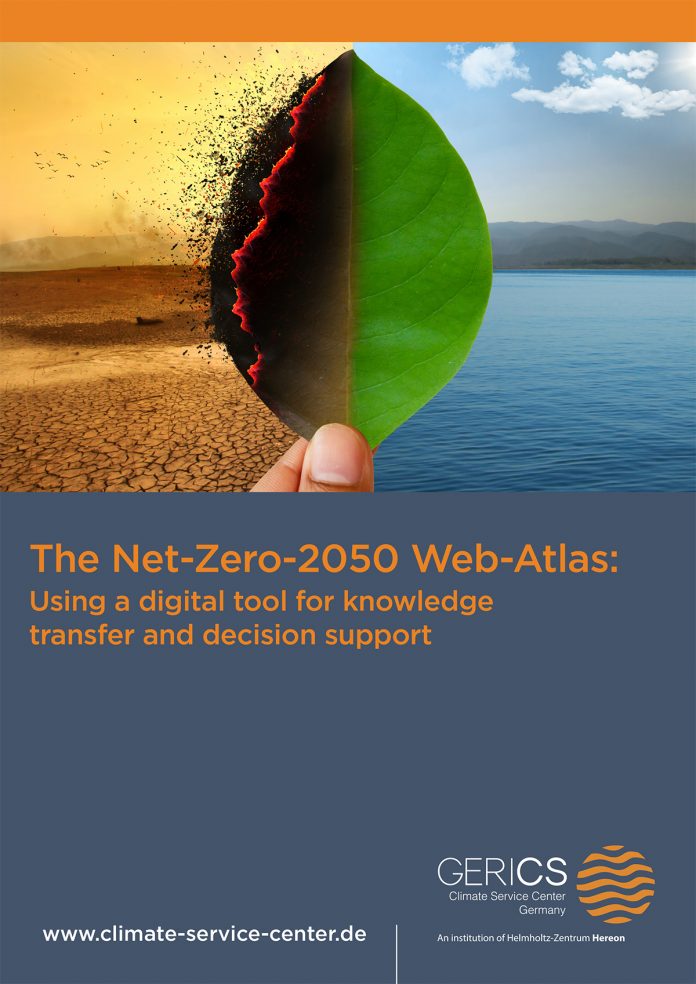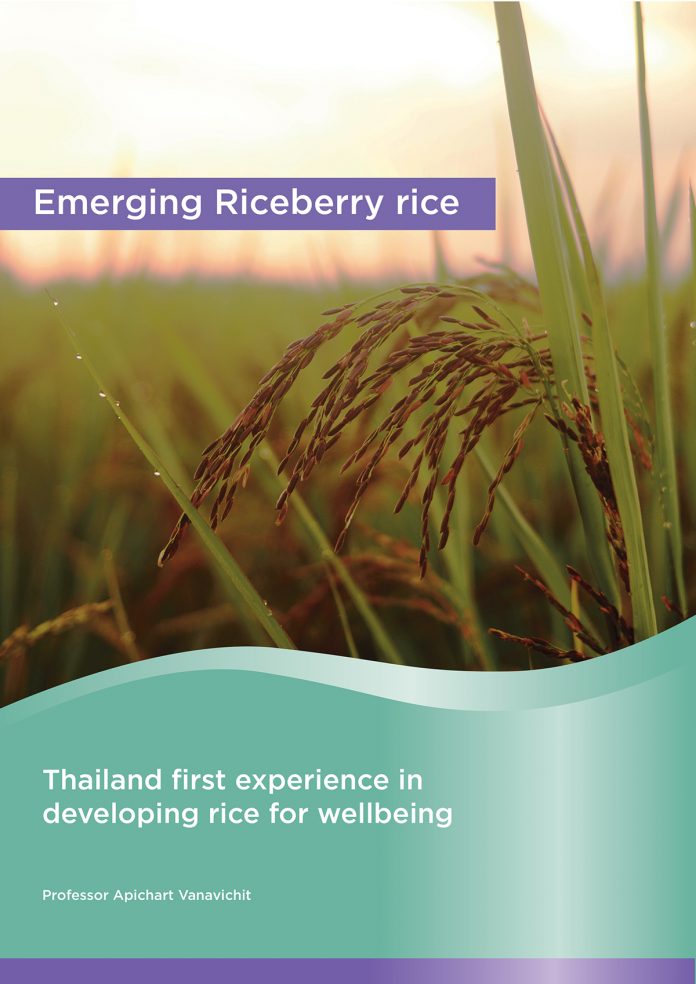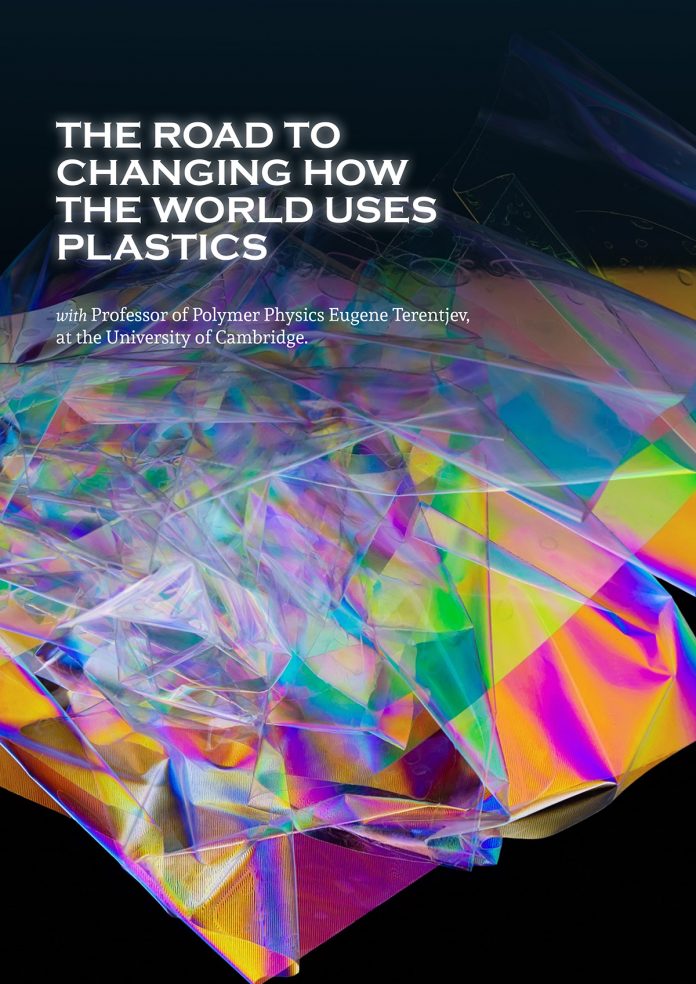GERICS Climate Outlook at county level
Diana Rechid, Sebastian Bathiany and Susanne Pfeifer, assess the future climatic changes in Germany at county level, in the GERICS Climate Outlook report.
The iterative science and engineering model (ISE)
Solving STEM challenges requires deep engagement with phenomena. Interdisciplinary STEM discoveries often advance through a fluid and messy process where scientists and engineers toggle between scientific investigation, problem generation, and engineering design to generate multiple solutions that are shared with and evaluated by others.
Building a digital city with several digital twins?
Building a digital city with several digital twins? – An exemplary view on water-related questions in urban areas.
Climate Diplomacy and EU Example
Here we explore the importance of climate diplomacy with Richard Beardsworth, Professor and Head of School at the University of Leeds
The Climate Paris Agreement at the Conference of the Parties in 2015 (COP21) ratified two principles of climate action on behalf of the parties, the 196 signatory countries (including...
Direct root-zone: A novel form of subsurface irrigation delivery in vineyards
In this eBook, we hear from Pete W. Jacoby from the Department of Crop and Soil Sciences at Washington State University, where he explores how direct root-zone subsurface drip irrigation can enhance vineyard resilience to drought.
Emerging Rainbow Rice: New paradigm in biofortified foods
Rainbow Rice originated from comprehensive cross-breeding between a rare white-stripe leaf mutant and a dark purple leaf rice for a decorative purpose; however it has become a new model for biofortified foods and agrotourism.
Food defense – The road to a more sustainable and resilient society
Win-SSEC, the Swedish Surplus Energy Collaboration (SSEC) discusses how a multi-level food defence could protect food security across the globe
Everyone is talking about CIRCULAR BIO-ECONOMY – It is basically a matter of abandoning a linear production model in primary cultivation and the food industry. To be resource efficient and...
Supporting Africa’s development to increase its resilience to the impacts of climate change
Knowledge sharing on climate risks and codevelopment of climate services to cope with and recover from climate-related disruptions is a prerequisite for climate-resilient development.
PFAS: The “New” Forever Chemicals
The term “forever chemicals” has become part of the lexicon in lay science. This reflects the growing evidence that exposure to perfluoroalkyl substances (PFAS), a class of synthetic chemicals widely detected in our natural environment, our foods, and our bodies, is associated with adverse human health effects and harm...
Reproductive technologies for sustainable livestock production
Livestock are an important source of food for the planet’s eight billion humans; societies across the globe must work together to meet the ever-increasing demand for food through reproductive technologies, if we hope to attain global food security
Animal-source foods are a vital component of a healthy well- balanced human...
Towards sustainable control of plant diseases
The 15th of November 2022 was an unremarkable day that may have passed many people by, but this was the day that the world population reached 8 billion people. As many as 828M of those people will go to bed hungry tonight.
Military burn pits: A toxic legacy of war
In recent years, the use of military burn pits has become one of the most widely discussed concerns about both current service members and veterans’ health.
Safeguarding against climate change impacts
Urban areas are prone to climate change impacts. Simultaneously, the world’s population increasingly resides in cities. What needs to be done to protect them?
Climate Leadership and the COP Process
For many countries in the South, climate leadership has become increasingly necessary by the day, as the effects of the climate crisis are happening too fast for the globally proposed 45% average reduction of greenhouse gases by 2030.
Food defense – The road to a more sustainable and resilient society
The Swedish Surplus Energy Collaboration (SSEC) at the SLU-Swedish University of Agricultural Sciences discusses how a multi-level Food Defense could protect food security across the globe.
The toll of climate change on mental health
Although its health impacts vary between regions depending on geography, socio- economic status of affected communities, and political policies, climate change is the single greatest threat to human health.
The modelling that shapes regional climate change interventions
Professor Georgiy L. Stenchikov from the physical science and engineering division, King Abdullah University of Science and Technology looks at the future of water with a specialised focus on climate change in the middle east.
The Net‐Zero‐2050 Web-Atlas: Using a digital tool for knowledge transfer
The Climate Service Center Germany (GERICS) was initiated by the German Federal Government in 2009 as a fundamental part of the German high‐tech strategy for climate protection
Since June 2014, GERICS has been an independent scientific organizational unit of the Helmholtz‐Zentrum Hereon.
The interdisciplinary team at GERICS develops scientifically based prototype...
Emerging Riceberry Rice: Thailand first experience in developing rice for wellbeing
Professor Apichart Vanavichit, highlights the Thai attempt to develop rice that directly benefits well-being.
The road to changing how the world uses plastics
Here, we talk to Professor of Polymer Physics Eugene Terentjev, at the University of Cambridge, about the way the world uses plastics.


